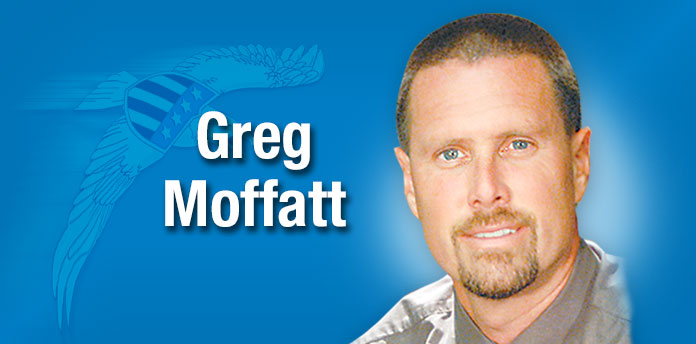When Bill Clinton was first elected president, a friend of mine was working in a very conservative environment. She told me that at work she didn’t feel comfortable saying she voted for him. It saddened me that she felt silenced because of her political views. But things have gotten far worse. Here are some of the many things that a person can’t say.
You can’t say who you voted for if it wasn’t for the woman, the non-white person, or the non-straight person when those are choices, and any position you might disagree with that comes from one of these politicians can’t be argued or you risk being labeled a racist, sexist, or homophobe simply because of your political opinion.
You can’t say you have doubts about the efficacy of masks or if you have hesitations about a vaccine that has only been around a few months.
You can’t have an honest discussion about the possible causes for climate change and you for certain can’t say anything that is remotely disparaging of the ever growing list of possible gender identities.
If you are a business owner, actor, musician, or athlete, you can’t say anything that anyone anywhere in the country might take offensively, even ten or twenty years in the future, or you risk being cancelled and permanently blackballed like alleged communists were during the McCarthy era.
Politicians and activists refuse to engage in honest debate on any of these issues. You can see it immediately if it ever comes up. There is no attempt to address the issue or the question. Instead, the speaker is personally attacked as a racist, idiot, or some other derogatory moniker. The nicer activists simply make fun of the one asking the question.
Even in colleges and in professional organizations, one risks losing tenure, license, or certification — not to mention being publicly humiliated — if she/he happens to say something that the thought police don’t like. This pains me the most because these arenas are where honest debate should be welcomed, even if it is uncomfortable. It is research and healthy debate that helps us learn.
I don’t doubt there are racists, homophobes, and misogynists out there and I am not excusing bigotry. I’m also well aware that many people hide their biases behind “simple questions.”
But where we are, like my friend discovered 30 years ago, is at a place where the mere mention of anything that isn’t politically correct — not just at work, but almost anywhere — could be suicide. A culture like that is devoid of any intellectual integrity and it appears any potential for public debate on important issues is long gone.
Galileo was branded a heretic because he had the nerve to suggest that the earth wasn’t the center of the universe, thus contradicting the teachings of the Catholic church. Back then, solid research was overridden by passionate opinion. A scientist couldn’t ask good questions and he paid for it by living under house arrest for the rest of his life. We are in that same place today, only it isn’t the passion of religion that is shutting down speech, but activists — a different kind of religion.
Beware of anyone who defends their position with “the debate is over …” The debate is never over. That is why we research the same things over and over. Does red wine reduce heart disease? Are probiotics really helpful? Do birth control pills reduce risk for some kinds of cancers? Does the SAT really demonstrate college readiness? An academic search on any of these topics will result in thousands of research studies spanning decades.
“Freedom of speech,” the first amendment to our Constitution, no longer applies. Ironically, though, it is still acceptable to degrade a person who is Christian, male, or white. The thought police are out in force and many in our culture today don’t want to ever hear anything they don’t like or don’t agree with. While that has always been true to some extent, today this lobby has the power, like the Catholic Church so many centuries ago, to silence anyone they don’t like.
The phrase “I can’t say” used to mean that you didn’t know. Today it means you better not say or you will be in big trouble. The politically correct position on each one of these topics I’ve mentioned might, in fact, be correct. But we will never know because we can’t talk about it.
[Gregory K. Moffatt, Ph.D., is a college professor, published author, licensed counselor, certified professional counselor supervisor, newspaper columnist and public speaker. His website is gregmoffatt.com.]













Leave a Comment
You must be logged in to post a comment.